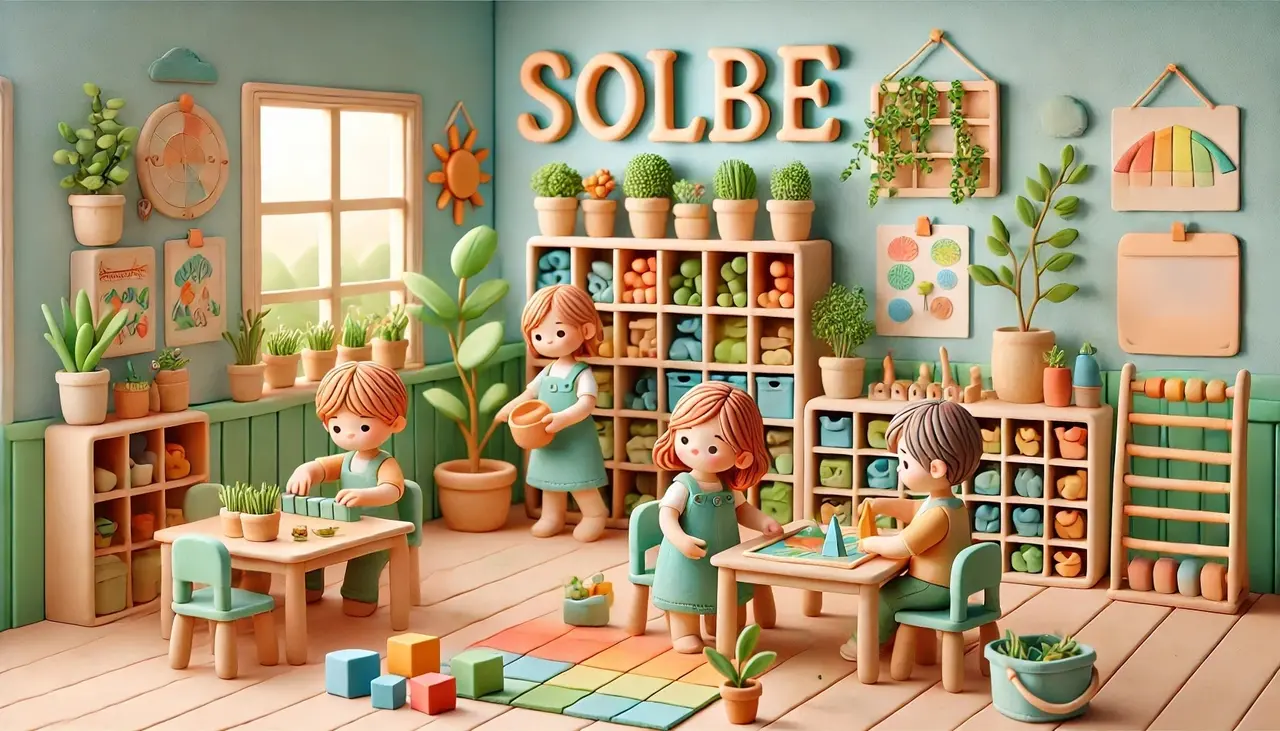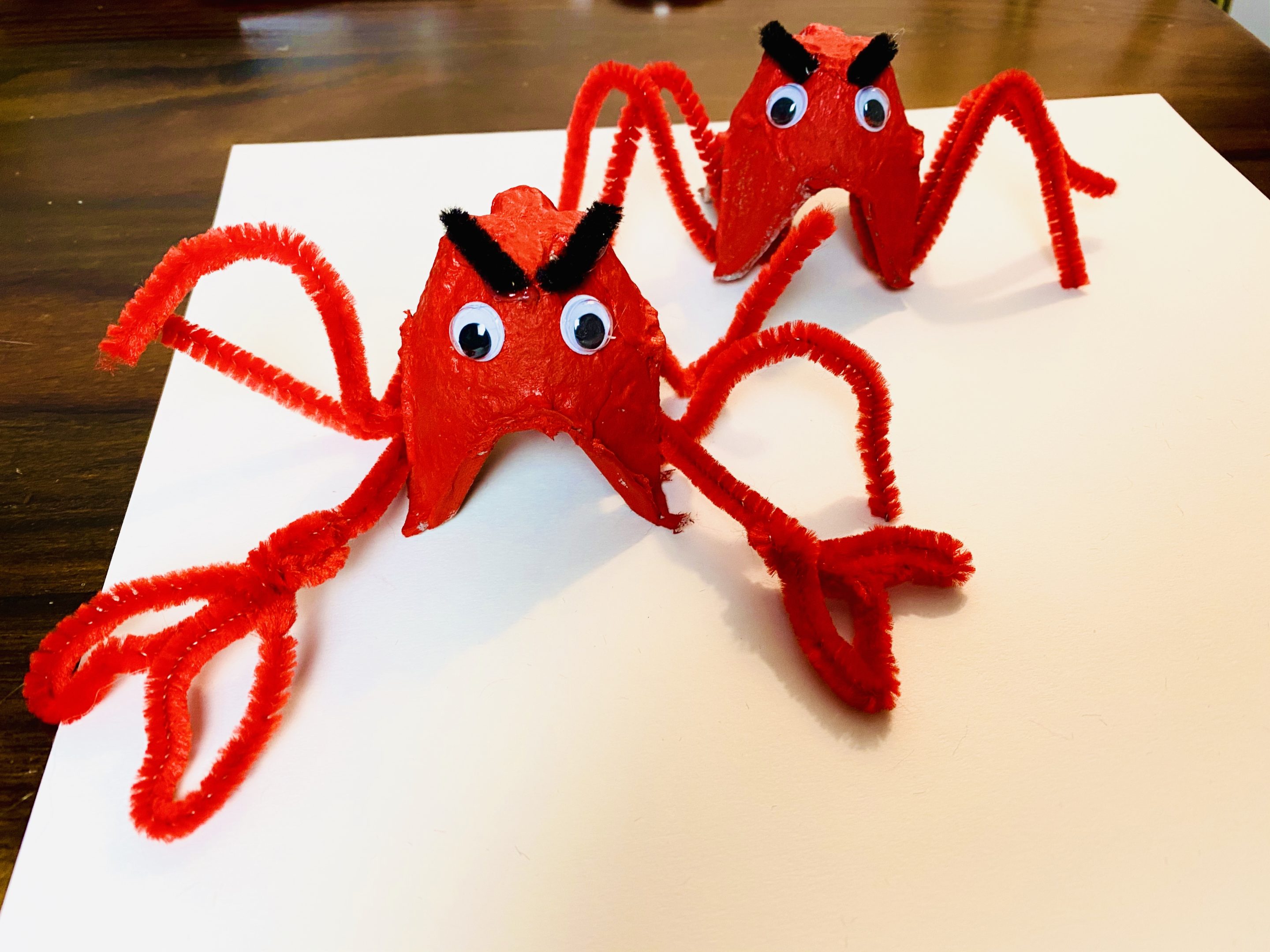The Value of Imaginative Play

The Value of Imaginative Play “Alice had begun to think that very few things indeed were really impossible.” This perfect gem-of-a-Lewis-Carroll-Alice-in-Wonderland-quote does not simply evoke whimsy. It is but one of many literary examples that are rooted in the power and depth of imagination. This mindset, wrapped up in curiosity and creativity, steers towards possibility and blossoms into fortitude and resilience, courage and action. Nearly a century later, we find the first scientific statements that directly tie childhood imaginative play to cognitive development. Noted theorist and developmental psychologist, Jean Piaget, contributed foundational concepts, including a framework to investigate the Four Stages of Development and Three Stages of Play. Through this work, Piaget affirms that imaginative play is, in fact, “necessary for cognitive development, as well as for a child’s emotional and intellectual equilibrium.” He specifically notes that around age two, children begin to develop abilities for symbolic play and language simultaneously, providing opportunities to apply and practice newly acquired linguistic and social skills in a world that is, as Freud describes, “tension-reducing and cathartic.” Recent studies strengthen these foundational theories and observations. In his article, The Need for Pretend Play in Child Development , Scott Barry Kaufman integrates research from various authors, all of whom have written about the role of imaginative play during childhood. In this way, Kaufman builds a case for imagination that includes “capacity for cognitive flexibility and creativity ,” as well as an opportunity to practice “ self-regulation including reduced aggression , delay of gratification, civility, and empathy .” All of this points to an enhanced preschool experience that integrates imaginative play within the learning process to provoke curiosity and, ultimately, skill-building. Cognitive Psychologists, Educators, Parents, and Artists — they, like Lewis Carroll and Loris Malaguzzi, understand the intrinsic value of play. They also recognize that imaginative play is inherently collaborative, providing a pathway for collaborative learning. And because it can be a platform to integrate newly acquired knowledge and skills, pretend play offers a safe place for children to effortlessly synthesize information, make cross-disciplinary connections, and deepen understanding. It threads together life, work, and play, presenting an opportunity to develop higher-order thinking skills essential to self-reflection, resiliency, healthy risk-taking, and problem-solving. Perhaps even more importantly, it is a space to practice empathy, kindness, and friendship.
How to Cultivate and Encourage Imaginative Play at Home:
Weave Imaginative Language into Daily Routines (ie. car rides, bedtime) Ask Questions Without Answers Read aloud with “Stop & Wonder” Questions Toys and Tools Designed Specifically to Spark Imagination Resources:
Scholastic, How to Promote Creative Thinking PBS, Bring Creativity and Imagination Back to the Classroom Therapy Focus, Benefits of Imaginative Play Scholastic, Activities and Printables for Pretend Play Psychology Today, The Need for Pretend Play Center for Parenting Education, Importance of Pretend Play Very Well Mind, Piaget: Stages of Development
We can start with a simple “dot” and turn it into a dozen dots together that can be anything and everything: a horse galloping in the mountain, a mommy going shopping, a castle full of princesses, or again, just a simple “dot”—art in its purest form. Our SolBe friends embrace their curiosity, follow their imagination, and work together to create a masterpiece, tidying up when they’re done to prepare for the next activity!
Related Articles
Explore our latest insights and resources.

Using Your Voice Effectively: Intentional & Positive Phrases to Use With Your Child

Work and Family: 7 Strategies to Find Balance as a Parent

Understanding and Supporting Early Childhood Mental Health

Understanding and Monitoring Developmental Milestones

The Value of Process-based Learning

The Truth about Parenting: Being a Thriving Parent

The Curious & Creative Classroom

Social-Emotional Learning: Five Competencies and How to Teach Them at Home

Social Emotional Learning Part Five: Teaching Growth Mindset to Inspire Change

Social-Emotional Learning Part Three: Teaching Friendship to Inspire Change

Social Emotional Learning Part Two: Teaching Acceptance to Inspire Change

Social Emotional Learning Part Six: Teaching Empathy to Inspire Change

SEL: Parent Social-Emotional Competence & Well-Being

Social Emotional Learning Part Four: Teaching Respect to Inspire Change

Reflective Learning: 10 Meaningful Questions to Replace “How Was School Today?”

Prosocial Behavior: Strategies to Model, Practice and Praise

Ranking Boston Area Private Schools: Finding The Best Programs For Your Children

Prosocial Behavior: Encouraging Your Child To Practice Gratitude

Play is Work and Work is Play

Preparing a Learning-rich Environment

Nurturing Brain Development During the Window of Opportunity

Exploring Spanish Language Learning Through Play-Based Activities

Early Intervention: Identifying Support for Children Birth to Age Three

Developmental Screening: Acting Early and Advocating for Your Child

Daily at Home Project: Red House – Fun For All Greatest Hits & More

Daily at Home Project: Rainbow Painting and Make Your Own Ice Cream

Daily at Home Project: Pots, Pans, Colors & Rainy Day Brownies!

Daily at Home Project: Lid Matching and Animal Washing Station

Daily at Home Project: Making Music with The Very Noisy Bear

Daily at Home Project: Fine Motor Activities and Let's See Where a Dot Can Take You!

Daily at Home Project: Crazy Art from Silvana Carpio

Daily at Home Project: Baby Treasure Basket and Rocks of Hope

Daily at Home Project: Colander Pipe Cleaner and Pipe Cleaner Bubble Wands

Daily At-Home Project: Mix and Match Faces

Daily At-Home Project: Homemade Binoculars for Little Explorers!

Daily At-Home Project: Gratitude Jar

Daily At Home Project: Veggie Paint Making From Marlo
Stay Updated with SolBe
Join our newsletter for the latest insights and exclusive content on early learning and childcare.






























































